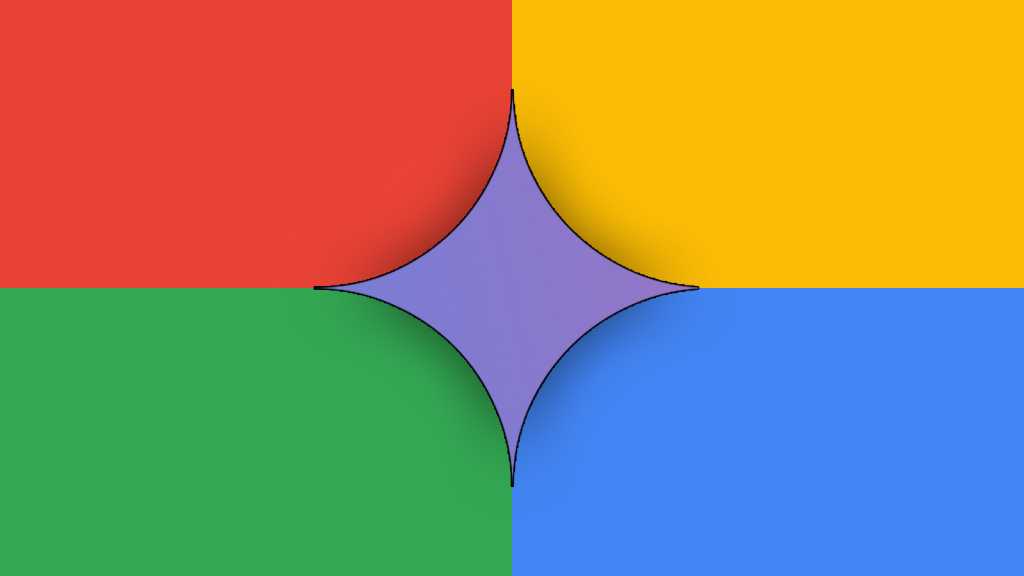That’s not fair to Google+.
I actually liked that platform over Facebook.
It’s a shame they had to cram it down people’s throat. It would’ve been a fantastic alternative to Facebook. I especially liked it’s friend organization feature with circles.
I always thought the whole circles concept was genius, and it annoys me that nobody has tried to replicate it.
It was really much better than fb and other platforms, really easy to group and filter content on it.
I just hated their forced integration with YouTube comments section which only served to artificially pump up the number of G+ users. Great platform, bad management decisions.
They only did that AFTER releasing it as a walled garden that people had to jump through a bunch of hoops to join.
Google+ was just cancelled before it had a chance to turn to shit…
You mean, before it was adopted en masse and people and corporations made it shit?
Nah, Google+ was actually good, it just had shitty managers ruin the launch and subsequent bullshit.
Gemini is just straight garbage.
Google made it invite only when people actually wanted to try it. Then when people got tired of waiting and no longer interested, Google tried to push it to everyone.
The Gemini I know is “an application-layer internet communication protocol for accessing remote documents, similar to HTTP (Hypertext Transfer Protocol) and Gopher”. It’s not used much but it could be part of a useful alternative to the, now Google controlled, internet. Maybe Google named their project Gemini to obfuscate a potential competitor for simple web pages (or perhaps both project teams are bad at choosing names - if Gemini isn’t a human cloning machine you’re doing it wrong).
The article is too long for me. 2 of its main ideas are “Everyone using large-language models should be aware of ai hallucination and be careful when asking those models for facts.” and “Firms that develop large-language models shouldn’t downplay the hallucination and shouldn’t force ai in every corner of tech.”
There was already so much misinformation on the Web before Chatgpt 3.5. There’s still so much misinformation. No need for the hallucination to worsen the situation. We need a reliable source of facts. Optimistically, Google, Openai or Anthropic will find a way to reduce or eradicate the hallucination. The Google ceo said they were making progress. Maybe true. Or maybe generic pr lie so folks would stop following up re the hallucination.
Due to the nature of our work, my firm has had early access to most LLMs including Bard (now Gemini). I might be short on imagination but I honestly cannot see how LLM general search implementations can ever be fixed. There is too much garbage data for any system to be able to intelligently parse and the results of our tests were laughable. Now, if you offer LLM search that is restricted to curated datasets like “The Library of Congress” or peer reviewed scientific papers, I can see the value in that. You’ll probably still have to triple check your results, but at least it can get you 80% of the way there rather than sending you in the wrong direction.
EDIT: For context, our clientele are all enterprises with very large, mission critical systems. They are not the type to use some buggy trinket just because it’s new and cool.
yes, I find Gemini actually not bad when it comes to my specific use case of showing generic examples for R programming, so I can figure out the syntax for my actual code. I don’t try to have it generate actual code for me because my topic of marine biogeochemistry is far too specific for it to have any idea how to work with it. Unlike ChatGPT, which often makes up nonsense functions or hallucinates whole packages, Gemini seems to do ok. I also found it pretty good for generating images of natural subjects. It did the best job of generating a pic of a giant clam of any image generator I’ve tried. I would never trust factual information from Gemini. So like Google+, it’s a pretty good product that in no way should be shunted into search results, Google Docs and other places where its output is not relevant, yet that is exactly the trap Google is falling into again.
With Gemini you can let it show you search results for (some) of its statements. It’s useful for cross-checking: I was, for example, researching plastics recycling and there was a claim that seemed untrue and corporate. The automagic search/source function for that statement led me to a blog post of some consortium/lobbying group of manufacturers. After telling that to Gemini it apologized and compiled a list of different view points for that specific statement.
I was pretty impressed with that, and I find it very useful for researching topics I know basically nothing about. Of course it’s not the sole source of truth.









